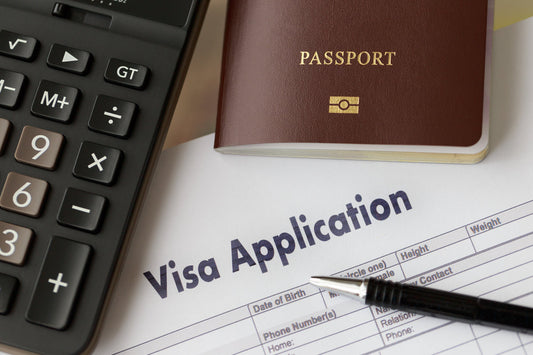
Working Visa (Resident Status) in Japan
Yoshio YamaguchiShare
A status of residence that allows you to work in Japan is often referred to as a working visa. This resident status is essential for foreigners seeking employment or intending to start a business in Japan.
Generally speaking, most visa types prohibit foreigners from engaging in simple labor (blue-collar work). However, there are specific statuses of residence, such as "Skilled Labor," "Trainee," "Specified Skilled Worker," and even "College Student" (for part-time work), which allow for limited engagement in blue-collar jobs.
In most cases, having a pre-existing employment contract with a Japanese company is a prerequisite for obtaining a working visa. An exception to this rule applies to foreign students who can secure employment after graduation by changing their resident status from "College Student" to an applicable work visa, such as "Engineer, Specialist in Humanities, International Services," among others.
Below is a brief overview of the various statuses of residence that permit foreign nationals to work in Japan.
Business Manager Visa
A "Business Manager" visa is required for foreign nationals aiming to establish a business in Japan. This visa type is tailored for representative directors, general managers, branch managers, and other executive positions. To qualify, applicants must invest at least ¥5,000,000 (approximately USD 45,454) of their own funds into the business.
For further details, please refer to my Step-by-Step Guide to Japan’s Business Managment Visa.
Engineer/Specialist in Humanities/International Services Visa
This resident status enables foreign professionals, typically university graduates, to work in white-collar roles in Japan. The range of accepted occupations is broad and now includes positions such as translators, consultants, software engineers, designers, marketing specialists, corporate planners, sales professionals, and accountants.
However, some roles—such as photographers, some hotel staff positions, and car mechanics—may require additional review and could be subject to case-by-case approval. As with most work visas, an employment contract is generally required before applying.
The requirements for obtaining this visa are as follows:
- University graduation
- Relevance between academic/professional background and job duties
- Salary level equivalent to or higher than that of a Japanese employee
- Secure employment with a company in good financial standing
Intra-Company Transferee Visa
The Intra-Company Transferee visa is for employees temporarily transferred from an overseas office to a Japanese office. The allowable activities under this visa are similar to those permitted under the "Engineer/Specialist in Humanities/International Services" visa.
A significant distinction between the two visas is that the Intra-Company Transferee visa does not allow for job changes within Japan. If an individual wishes to change employers, they must apply to switch their resident status to another visa category, such as "Engineer/Specialist in Humanities/International Services."
Skilled Labor Visa
This visa type is designed for individuals with specialized skills or industrial techniques. Typical occupations include foreign cuisine chefs, sports instructors, pilots, and artisans skilled in precious metal craftsmanship. This visa requires an employment contract with a Japanese organization.
Technical Intern Training Visa
Although termed a "training" visa, the Technical Intern Training visa is often used by foreign nationals to perform manual labor in Japan. The program has faced criticism for exploiting cheap labor under the guise of skills development.
Specified Skilled Worker Visa
This visa allows foreign nationals to work in specific industries requiring a certain level of skill or experience. There are 14 designated fields, including nursing care, construction, electronics, agriculture, and the food service industry.
The Specified Skilled Worker visa has not gained widespread popularity. This is partly due to stringent requirements such as Japanese language proficiency, a skills test conducted in Japanese, and limited availability of testing centers—often only once a year in select countries like the Philippines or Vietnam.
To learn more, please see the Immigration Services Agency's Specified Skilled Workers System.
Highly-Skilled Professional Visa
Highly skilled professionals fall into three main categories: academic research, professional/technical work, and management/administrative work. Applicants are assessed using a points-based system that evaluates factors such as educational background, work experience, and annual income.
Conclusion
Securing the right resident status to work in Japan requires understanding the specific visa categories and their requirements. Whether you want to start a business, transfer from an overseas office, or bring unique skills to the Japanese workforce, selecting the appropriate visa is crucial to a successful application.
Navigating this process can be complex, but Yamaguchi Consulting is here to provide expert guidance tailored to your unique circumstances. Reach out to us to learn how we can assist with your visa application and help make your career or business goals in Japan a reality.



